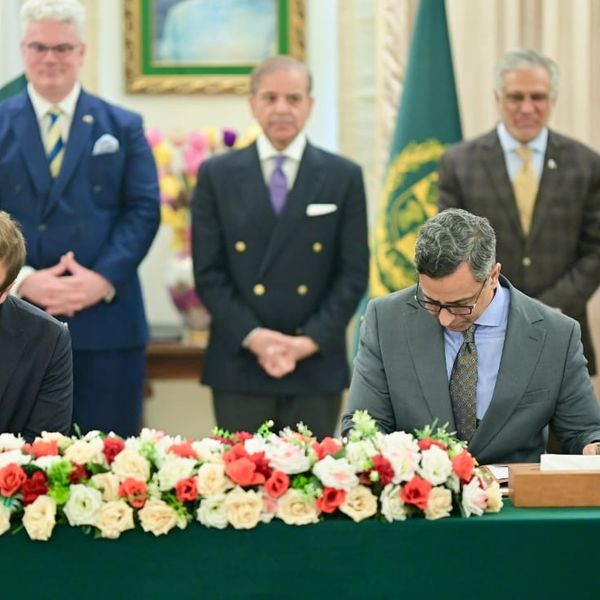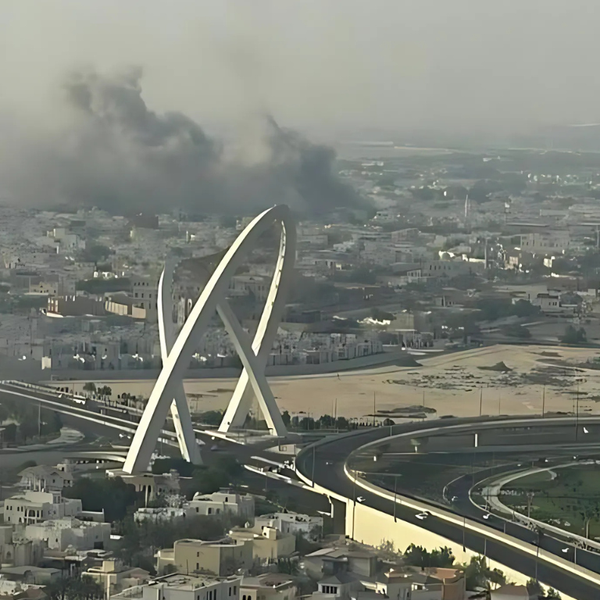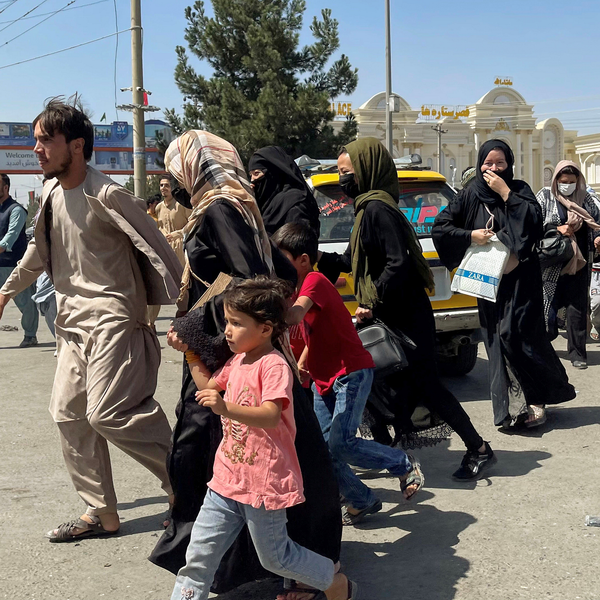News Desk
The News Desk provides timely and factual coverage of national and international events, with an emphasis on accuracy and clarity.
After a brief lull, fuel smuggling from Iran has once again surged across Pakistan's borders, putting additional strain on the country’s already fragile economy, Kamran Khan said in a vlog.
He said that the rise in smuggling has contributed to an increase in fuel prices, with the Pakistani rupee facing further pressure as the cost of the dollar rises from 277 to 280 in the past six months.
Smuggled petroleum products are costing Pakistan’s tax income approximately $1.65 billion annually. This translates to a daily loss of PKR 1.3 billion to the national treasury, which is further exacerbating the country's economic challenges.
Khan said that oil marketing companies (OMCs) have also raised alarms, citing that this illegal trade is threatening their business and undermining efforts to stabilize the fuel market.
Petrol and diesel smuggling have persisted despite efforts by the Securities and Exchange Commission of Pakistan (SECP) and law enforcement agencies to curb it. These efforts included tighter border security and a crackdown on illegal fuel stations. However, since December, fuel smuggling has intensified, particularly affecting fuel sales in local markets.
Industry experts estimate that around 35% of the diesel consumed in Pakistan comes from illegal sources. The smuggling of hydrocarbons like solvent and white spirit, used to adulterate fuel, has further worsened the situation. This smuggled fuel is not only affecting local markets but is also sending as much as $35 to $45 million out of the country illegally on a daily basis, further depleting Pakistan’s foreign reserves.
In several provinces, particularly in the suburbs of cities, Iranian petrol and diesel are sold openly in bottles and gallons. There are also reports of major petrol stations mixing Iranian oil with imported fuel, contributing to the growing black market. The fuel sold on the black market is considerably cheaper, with smuggled petrol priced at PKR 160 per liter and diesel at PKR 180, while government prices have surged to around PKR 255 to 260 per liter.
The scale of fuel smuggling has become a serious concern not only for Pakistan’s economy but also for its national security. The illicit fuel trade is allegedly linked to criminal networks, extremist groups, and terrorism financing. Reports suggest that militant groups in regions like Balochistan and Khyber Pakhtunkhwa are involved in fuel distribution, making it a key source of income for them.
In a letter to the Federal Board of Revenue (FBR) and the Customs Intelligence Directorate, the Oil Companies Advisory Council (OCAC) has called for stronger border management controls to tackle the smuggling issue. The letter emphasizes the impact of fuel smuggling on the local economy, pointing out that legitimate fuel sales have decreased by up to 16% for diesel and 13% for petrol in the first quarter of 2025.
Despite having the capacity to meet 100% of domestic demand for high-speed diesel, local refineries are struggling to stay afloat due to the ongoing fuel smuggling crisis. Refineries have been forced to shut down production intermittently, incurring losses and contributing to a buildup of unsold fuel in the market.
Environmental damage is another grave consequence of the smuggling crisis. The substandard quality of smuggled fuel, often laden with sulfur and other toxic substances, is harming both the environment and vehicle performance. The excessive use of such fuel could lead to long-term damage to the country’s infrastructure, particularly in terms of vehicle maintenance and repair costs.
Kamran Khan warns that unless the government takes urgent and effective measures to curb fuel smuggling, the crisis could deepen, threatening Pakistan’s economy, security, and environment in the coming months.
For now, Pakistan’s policymakers face an uphill battle to address this pressing issue and restore stability to its fuel market.











Comments
See what people are discussing